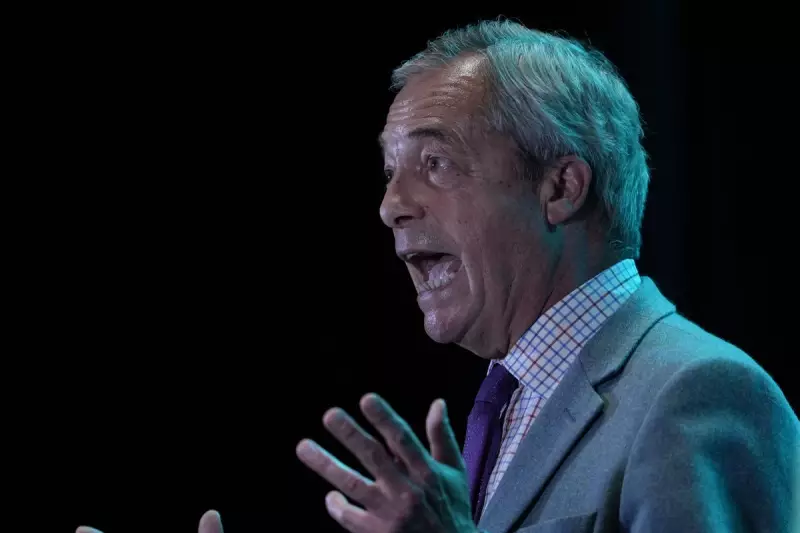
Nigel Farage, the leader of Reform UK, has publicly addressed allegations concerning his behaviour as a teenager at a prestigious private school, stating he never engaged in racist conduct 'with intent'.
Responding to Historical Allegations
The political figure was directly responding to a newspaper report from The Guardian, which published accounts from more than a dozen of his school contemporaries. These individuals, who attended Dulwich College in south London with Mr Farage, now 61, alleged incidents of deeply offensive behaviour throughout his teenage years.
A spokesman for the Reform leader had previously denied the claims on his behalf. However, in an interview with broadcasters on Monday 24 November 2025, Mr Farage offered a more nuanced personal response.
Farage's Defence and Key Quotes
When questioned about the claims, which relate to events from 49 years ago, Mr Farage replied, "Have I ever tried to take it out on any individual on the basis of where they’re from? No."
Pressed to categorically rule out that he had engaged in racial abuse, the Reform UK leader stated, "I would never, ever do it in a hurtful or insulting way." He further elaborated on the challenge of memory, noting, "I had just entered my teens. Can I remember everything that happened at school? No, I can’t."
The central point of his defence emerged when he was asked again if he had engaged in racial abuse at the school. His definitive answer was: "Not with intent." He clarified this by adding, "No, I have never directly, really tried to go and hurt anybody."
Mr Farage did concede that his past actions could be viewed differently today, saying, "Have I said things 50 years ago that you could interpret as being banter in a playground, that you can interpret in the modern light of day in some sort of way? Yes." Despite this, he firmly concluded, "I’ve never directly racially abused anybody. No."
Implications and Next Steps
This public response places the historical allegations squarely back into the public eye as Mr Farage continues his political campaigning. The distinction between intentional racism and perceived 'banter' is likely to fuel further debate concerning accountability for past actions and the standards expected of public figures.





